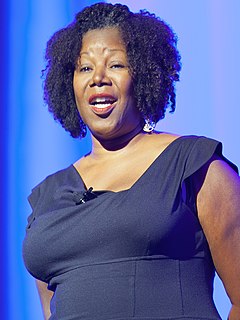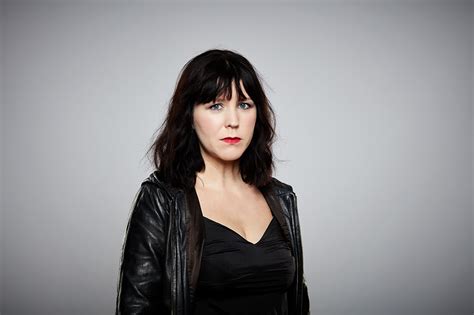A Quote by Joseph Wechsberg
We should learn from children not to hold grudges. Children often fight when they play together but they quickly make up and their fights don't deteriorate into bitter feuds.
Related Quotes
My philosophy is that I am a friend of the children. I don't think anyone should see them as pitiable subjects or charity. That is old people's rhetoric. People often relate childish behaviour to stupidity or foolishness. This mindset needs to change. I want to level the playing field where I can learn from the children. Something I can learn from children is transparency. They are innocent, straightforward, and have no biases. I relate children to simplicity and I think that my friendship with children has a much deeper meaning than others.
Although adults have a role to play in teaching social skills to children, it is often best that they play it unobtrusively. In particular, adults must guard against embarrassing unskilled children by correcting them too publicly and against labeling children as shy in ways that may lead the children to see themselves in just that way.
In general it's good to give children as wide a choice as possible, and there is no harm in encouraging children to play with 'typical' toys for the opposite sex. But whether they should be trying to change children is a more ethical decision; I think we should be supporting a child's interests, whatever they are.
Love can produce the children, but it has nothing to do with the raising of the children. I grew up thinking, 'Oh, that's it. All I have to do is fall in love.' You may think love will change everything, but it really is different with children. Children don't necessarily bring you together; they challenge you.
As children's inquiries are not to be slighted, so also great care is to be taken, that they never receive deceitful and illuding answers. They easily perceive when they are slighted or deceived, and quickly learn the trick of neglect, dissimulation, and falsehood, which they observe others to make use of. We are not to intrench upon truth in any conversation, but least of all with children; since, if we play false with them, we not only deceive their expectation, and hinder their knowledge, but corrupt their innocence, and teach them the worst of vices.
We actually did go on a camping trip together as part of the research, in a caravan, for a week. I guess we picked who annoyed us most from genuine experience. We did a lot of research on camping and what annoys people. It's quite often children playing ball games. It's a huge debate in the caravan world whether children should be allowed to play ball games or not.






































